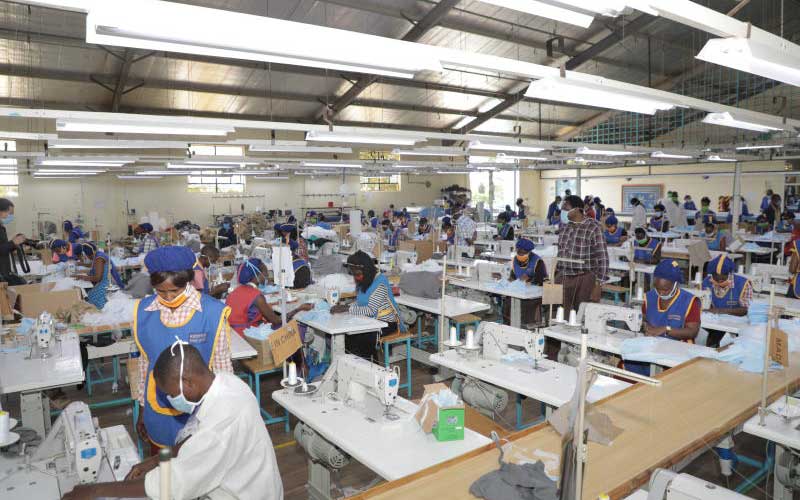×
The Standard e-Paper
Stay Informed, Even Offline

Some of the tailors at Kitui County Textile Centre producing face masks. [Philip Muasya, Standard]
Government efforts to curb the spread of Coronavirus has seen two garment factories in the country burst into full-time mass production of face masks.